Long time no see!
I’ve missed writing for you and am so happy that I have been able to post not one but two blogs today. How did you feel about the multimedia blog I posted earlier? I really loved creating it for you all because it allowed me to use my video editing talents and to be creative.
Earlier this week, I had the opportunity to listen to the first episode of Sarah Koenig’s podcast “Serial” and let me tell you, I’m already hooked! If I am being candid, this is the first podcast that I have thoroughly enjoyed in a very long time. My problem with most podcasts is with the author. Often, the way in which they speak bores me and I lose interest in the subject very quickly. Koenig’s intonation and inflection brings the story to life and I really love how she used alternate audio clips to break up the podcast. The way she speaks to her listeners is as if she has known them for ages and I already feel as invested in Adnan’s story as she is (Koenig).
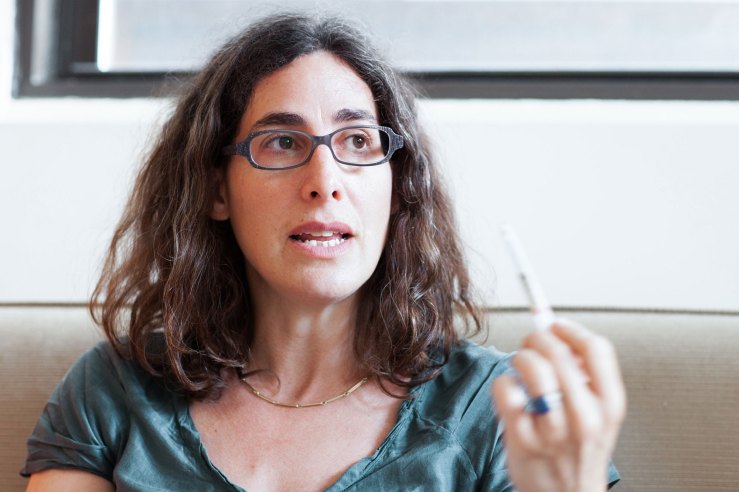
I really love media that challenges one’s perception of the truth and makes you question what you know. The controversy surrounding the timeline of the murder is shocking and makes me wonder who is telling the truth. Do you think Jay is right in his story or Adnan is telling the truth? This crime story is very interesting to me from a psychological standpoint as I am able to analyze each element of the highly debated verdict (Koenig).
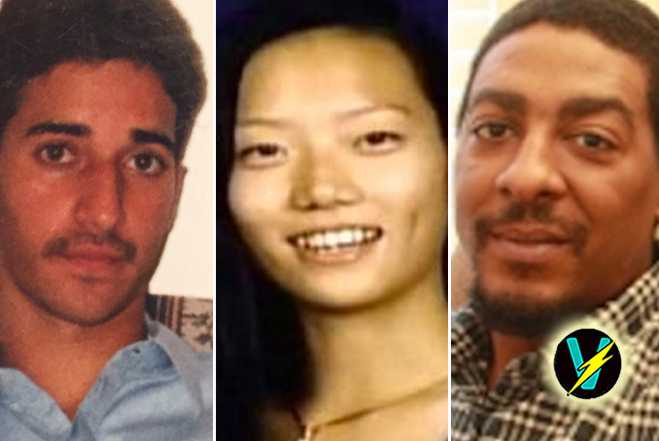
If I had just read this story in the news, I do not think I would have connected with it like I did. The medium emphasized the story because it allowed for me to visualize the events as they unfolded and to use my own imagination. With investigative journalism, the readers are taken on a journey and with the use of multiple episodes, the element of suspense is increased. As the description explains, “The show follows the plot and characters wherever they lead, through many surprising twists and turns. Sarah won’t know what happens at the end of the story until she gets there, not long before you get there with her” (Serial).

It feels as if you are going on the journey with Koenig and that she is just as in the dark as you are. The surprises that await listeners are endless and after listening to the audio mashup, at the end of the first episode, I cannot wait for the next one. This format especially emphasizes the importance of listening carefully because there are no visuals to aid your comprehension. Listeners must be keen and pay attention to the fine details in order to catch every little hint that Koenig leaves. This medium challenges the listener to be engaged as it stimulates their critical thinking skills with varying outcomes of the case (Koenig).

The only negative aspect of the podcast is the effect that it has on Hae Min Lee’s family. The podcast has a slight bias that indicates that Koenig believes that Adnan is innocent. After almost two decades of having lost their daughter, I could not imagine how much pain Hae Lee’s parents are in. They received closure when Adnan was sentenced to prison but now with “Serial’s” investigation, their daughter’s murderer may be walking on the streets again. Within the podcast, in Jay’s story especially, Hae is referred to as a “bitch” and other derogatory terms (Koenig). Hearing their deceased child being spoken about in such a cruel manner must be soul crushing and bring up many feelings from the past. In a letter addressing fans of the podcast, the family writes, “The events of this past week have reopened wounds few can imagine… It remains hard to see so many run to defend someone who committed a horrible crime, who destroyed our family, who refuses to accept responsibility, when so few are willing to speak up for Hae” (Merlan).
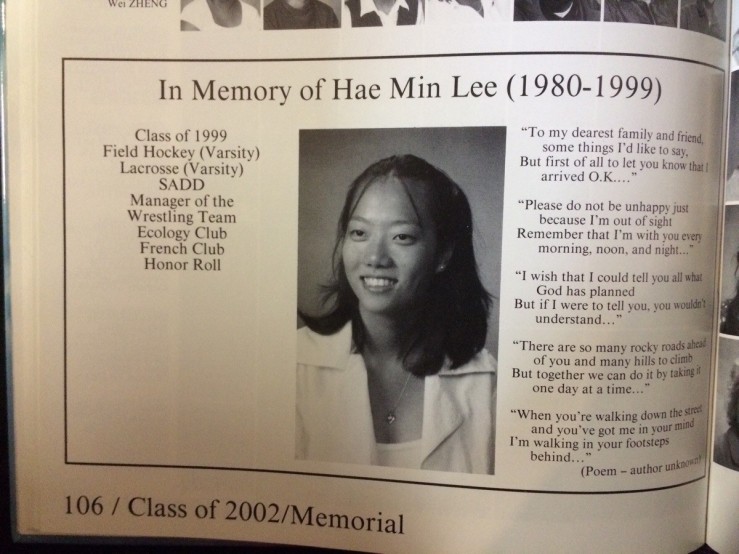
My deepest sympathies go out to Hae’s family for their loss and torment by the podcast. Regardless of the family’s feelings, I believe that it is a story that needs to be told. If Adnan was wrongfully sentenced, it is not fair for him to be imprisoned for the rest of his life.
Hae’s true murderer must suffer for their sins.
I enjoy listening to a text like this because it is different than how I normally learn new information. It allows me to sit back, close my eyes and picture the story unfolding in my head. The only drawback to this medium is I cannot control the pace at which the information is presented to me. This is why I will always prefer reading. With reading, I am still able to imagine what the text is conveying but I can move at my own pace throughout the text. At times, I need to reread portions of the text to increase my understanding of the topic but it is more difficult to do this strategy with a podcast.
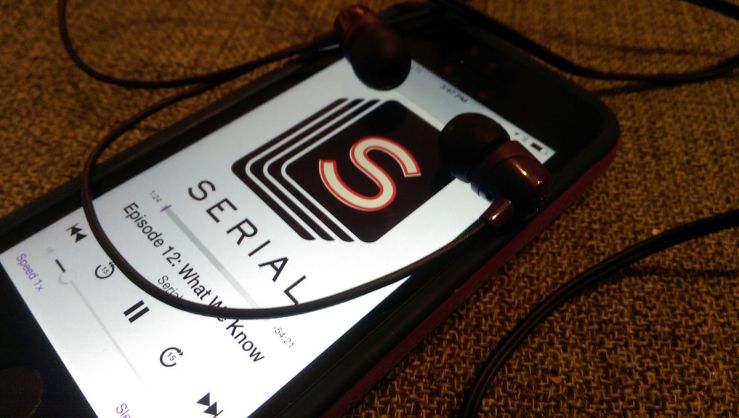
Additionally, I like the aspect of having a physical book. Call me old fashioned but I love the feeling of pages between my fingers. With a podcast, it is all online and I am unable to have a visual component. This frustrates me because I am a very visual learner but struggle with auditory learning. Books are more well suited to my needs as a student and I would love for Koenig to transcribe the podcast into a novel!

Finally, who else loved Koenig’s opening about memory challenges? I personally struggle with both short and long term memory so I appreciated that I was not alone in this challenge. By using the audio from the interview with the teenagers, she made me think about how well I would be able to remember the events of a day six weeks ago. So I picked a date: June 9th. I have no clue what I did on that day! I looked into techniques to enhance my memory and discovered that “we can easily lose information it if we don’t make a conscious effort to retain it (Pappas).
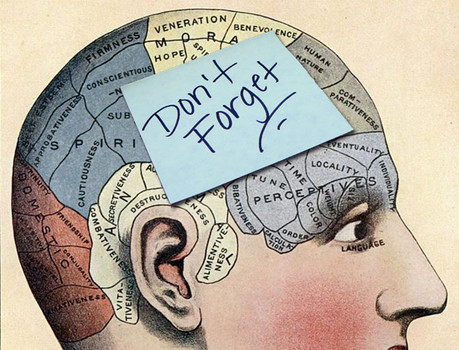
Could you imagine the pressure these teenagers are under to remember the date of Hae’s murder? I do not think that they are incredibly reliable because, to them, it is just an ordinary day. They did not know that it would be one of the biggest days of their life and thus did not make any effort to remember it. This casts doubt on the authenticity of the duration of the podcast. How can we really be sure if Asia’s affidavit was entirely true? What if Adnan did not go to track practice that day? What if Jay altered the details of his statement because he could not remember exactly what happened? Memory is not reliable and should not be the reason someone is sentenced to prison, in the court of law. The fickleness of long term memory challenges the validity of the case and may be Adnan’s saving grace (Koenig).
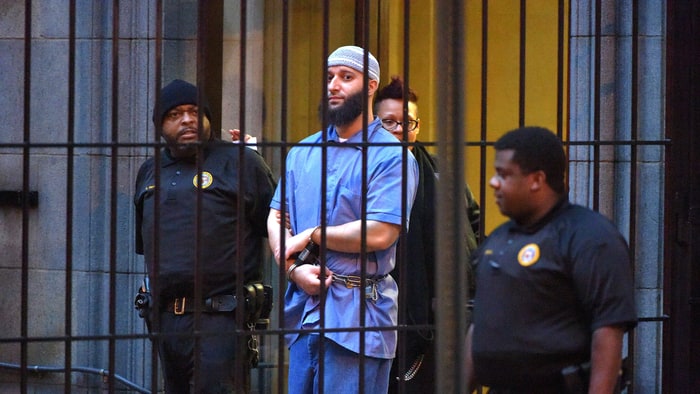
What did you think about “Serial”? Do you think that Hae’s family should have been consulted prior to the podcast? Is Adnan guilty?
I have SO many questions! Hopefully they are answered in the next episode of “Serial,”
Until the next blog,
Emily Kacer
Works Cited
Koenig, Sarah. “Episode 1: The Alibi.” Audio blog post. Serial. iTunes, 3 October 2014.
Web. 19 July 2017.
Koenig, Sarah. “Season One and Two.” Serial. N.p., n.d. Web. 21 July 2017.
Merlan, Anna. “Hae Min Lee’s Family Issues Statement Addressing Serial Fans: Adnan
Syed ‘Destroyed Our Family’ .” Jezebel. N.p., 08 Feb. 2016. Web. 21 July 2017.
Pappas, Christoforos. “Enhancing Long-Term Memory: 7 Strategies For eLearning
Professionals.” ELearning Industry. N.p., 9 June 2015. Web. 21 July 2017.
“Serial.” Stitcher. N.p., 27 Oct. 2014. Web. 21 July 2017.